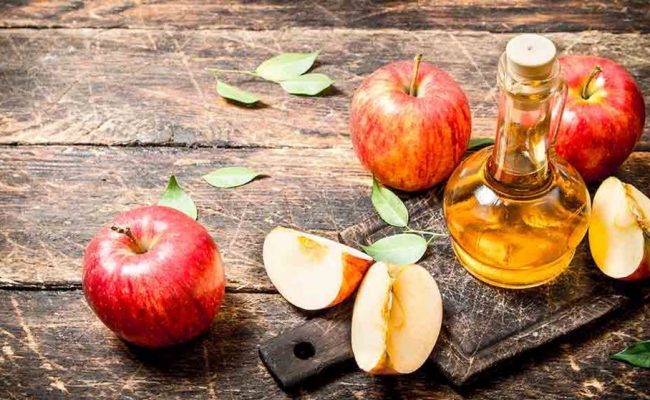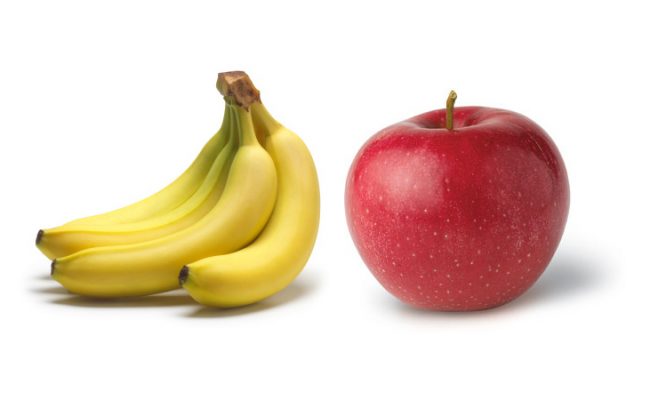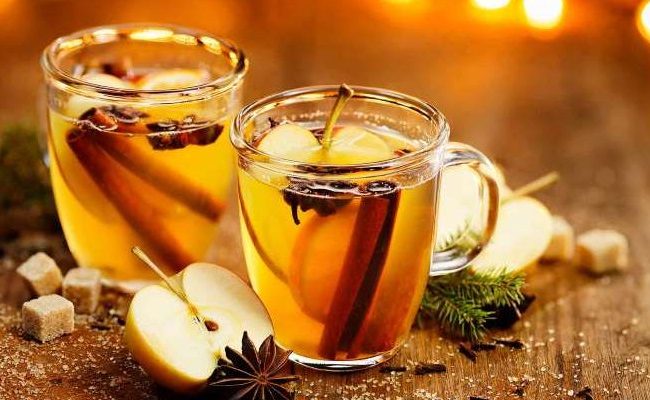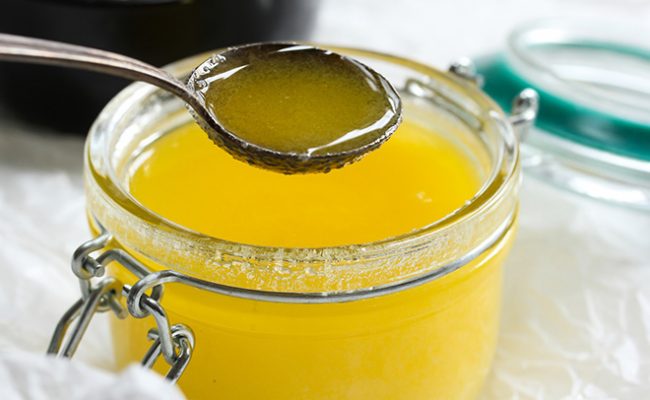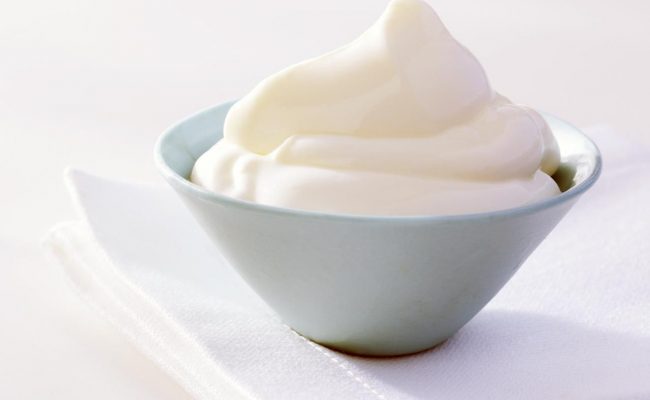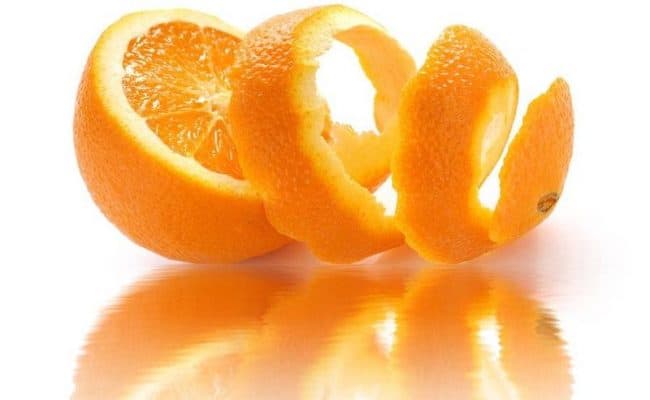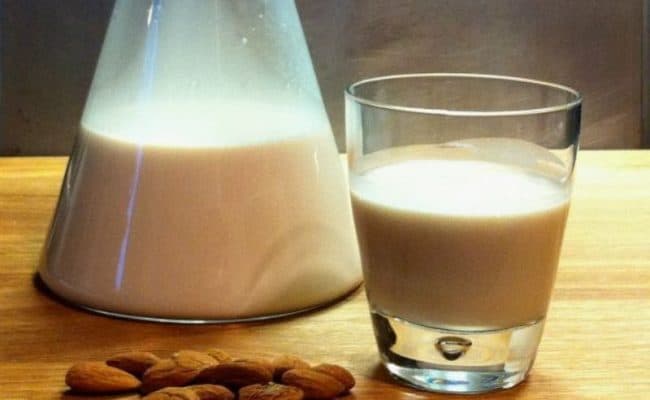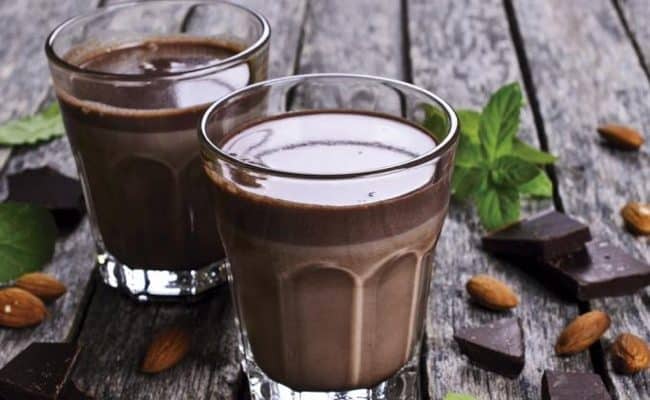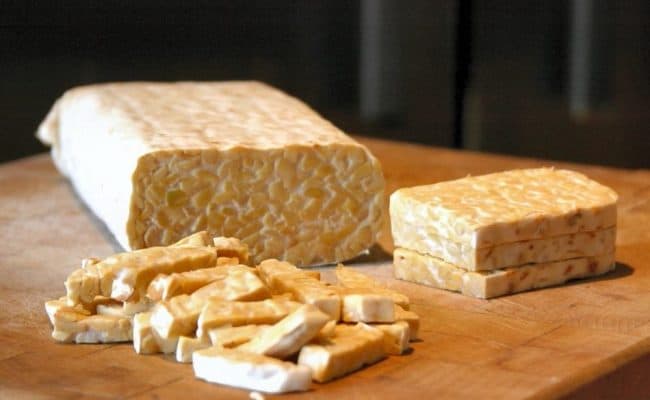
What you eat and drink directly affects the health of your teeth and gums. The mouth has first contact with food and influences the acidity of the mouth and how likely bacteria can settle on teeth and gums after eating.
We often focus on the quality of food affecting the health of your body and for weight control, but diet quality can also impact teeth health.
According to the American Dental Association, signs of poor nutrition often show up first in oral health. Foods that are chewy, full of sugar or gummy like white bread should generally be limited for the health of your teeth and gums.
Brushing your teeth and flossing are still the first lines of defense to keep your mouth healthy, but eating the right foods can also help keep your mouth healthy.
Dairy products
According to Colgate Oral Care Center, eating some dairy foods can help lower the acidity in your mouth. This is important because if food and saliva are acidic, this can promote damage to teeth.
One study (1) found that cheese specifically can help lower the acidity in the mouth even more than sugar free yogurt or milk.
Yogurt and kefir also provide a source of beneficial bacteria called probiotics that can help fight bacteria that can cause cavities and damage to gums.
Just make sure to get eat varieties, sweetened yogurts and kefirs can be really high in added sugar. The added sugar could offset any health benefit for teeth and gums.
Dairy products are also a rich source of calcium, vitamin D and phosphorus which are important for building strong bones but also important for building strong teeth.
Raw apples, celery and carrots
These crunchy fruits and vegetables can help lower plaque residue on teeth. According to Dr. Wu (2), a researcher in pediatric dentistry, eating crunchy foods can act as a way to cleanse teeth from plaque buildup.
Other crunchy fruits and vegetables like green, cucumbers, jicama or raw peppers can have a similar benefit for helping to clear away bacteria from teeth.
These foods are also high in nutrients needed for building new cells in the body, which is important for repair to damaged teeth and gums.
As an added bonus, fibrous fruits and vegetables can also stimulate saliva production.
This can be beneficial for teeth health because saliva has traces of calcium and phosphorus. These minerals help to re-build teeth that have been eroded from bacteria (3).
Almonds
Almonds are crunchy like some raw fruits and vegetables and can have the same effect of lowering plaque residue build up on teeth. Almonds are also a source of calcium and may be a smart choice especially for people who are lactose intolerant or who do not eat dairy.
Pairing almonds with some fruit or raw veggies would combine plaque fighting forces from both foods and would provide many important vitamins, minerals and antioxidants needed for keeping teeth and gums healthy.
Green and black tea
Tea can be thought of as a drink that stains teeth. However, drinking green or back tea is actually beneficial for oral health.
Tea is really high in antioxidants and phytochemicals. These compounds can actually interfere with bacteria adhering to teeth.
Research form University of Chicago (4) found when people swished with black tea for one minute 10 times per day they had significantly less plaque buildup on their teeth than people who swished with water.
Polyphenols in black tea can also help fight genes that cause bad breath (5).
Coconut oil pulling
If you are looking for a way to naturally fight bacteria growth and promote whiter teeth, you have probably heard of coconut (or oil) pulling. The idea is to swish around you mouth about a tablespoon of oil for 10-20 minutes.
The idea is that some bacteria and plaque are more likely to dissolve in fats. Swishing around a fat in your mouth can help gently remove some bacteria.
The concept of oil pulling has been used since ancient Indian culture. Lately, some research has verified the idea that swishing around coconut, sesame or sunflower oil can indeed promote oral health.
A 2015 study (6) found that oil pulling with coconut oil for 30 days helped lower the amount of plaque buildup that is responsible for gingivitis. Coconut oil specifically also has anti-microbial properties because it contains a high amount of lauric acid.
Adding coconut oil to your diet may help lower plaque, but for optimal results health experts (7) suggest if you want to try oil pulling start with swishing for about 5 minutes at a time.
Work your way up to 15-20 minutes at a time. Make sure you spit out the oil once you are done.
Oil pulling does not replace flossing and brushing; it should be used as something in addition to brushing, flossing and a healthy diet. If you have questions about this, speak with your dentist.
What to avoid for healthy teeth and gums
Soft foods like white bread, baked goods or processed chips can become gummy in your mouth and get trapped between teeth. Sticky candies and sweets like gummies or taffy are also notorious for getting stuck around teeth and can promote bacteria growth in the mouth.
Soft drinks and juice provide a concentrated source of sugar in the mouth, and soft drink also has phosphoric acid which can erode teeth (8).
Conclusion
Eating the right foods for your teeth and gums can significantly impact the health of your mouth. In fact, the health of your teeth and gums can be one of the first places poor nutrition will show.
In general, sticky, gummy or sweet foods should be used with caution. Crunchy foods like raw fruits and vegetables not only provide many important nutrients for keeping teeth and gums healthy, but they help take bacteria off the teeth. These foods also promote saliva production.
Dairy foods, specifically cheese, can help lower the acidity of saliva. Dairy foods are also a source of calcium and phosphorus.
Tea provides polyphenols that also help block the attachment of bacteria to teeth and can help fight plaque buildup.
Coconut pulling has become popular for promoting the health of teeth and gums, and some research does show that it may be useful in fighting off some bacteria in the teeth and gums.
